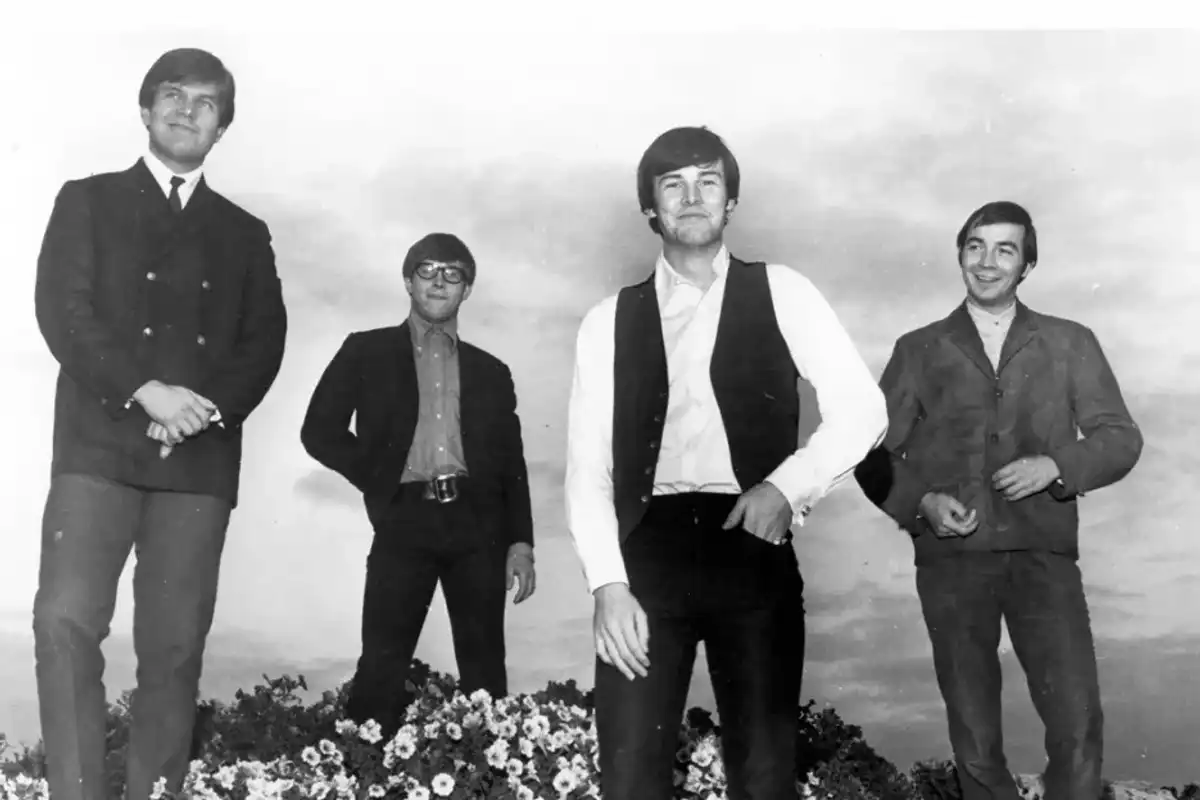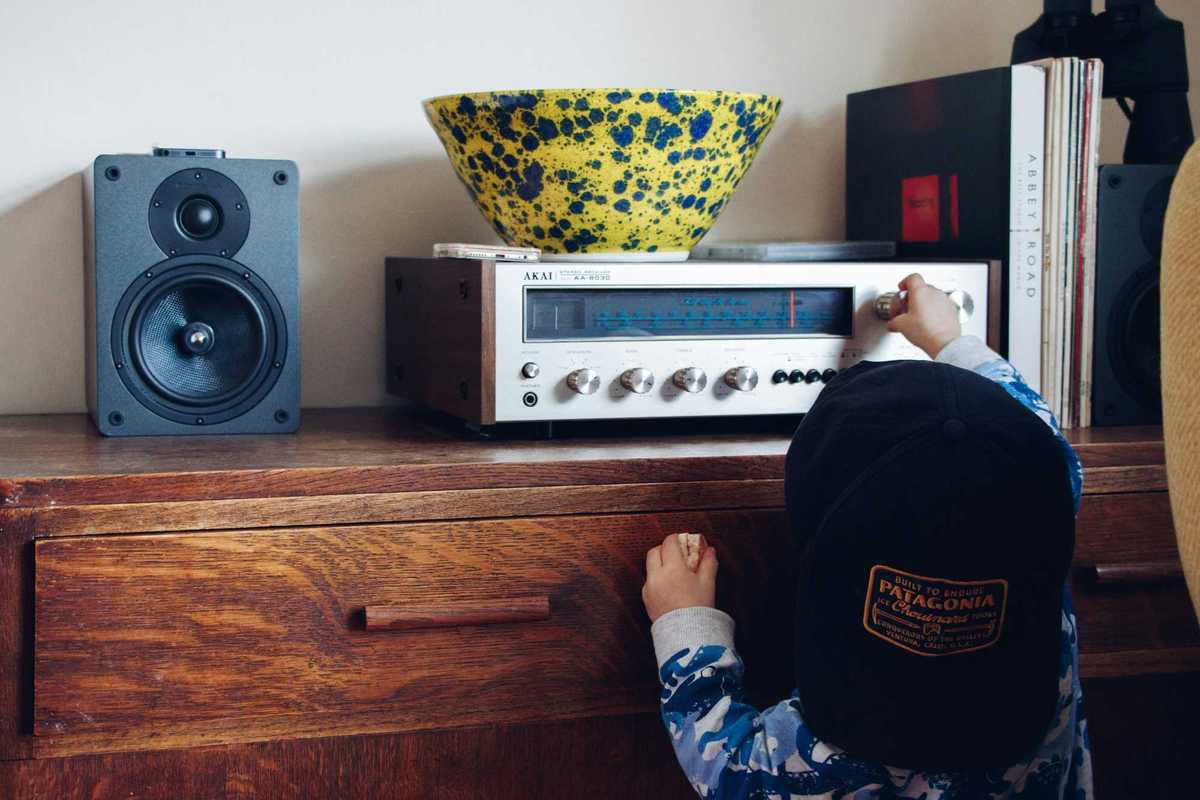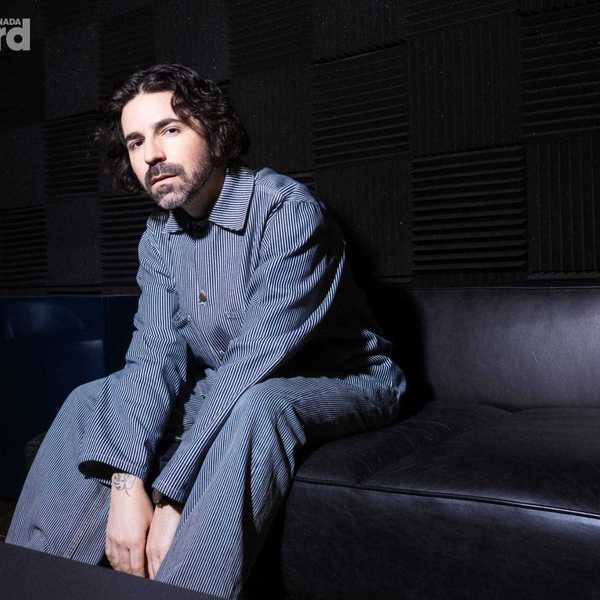Canadian Rockers The Guess Who Settle Legal Battle Over Trademark Rights to Band Name
The band, best known for hits like "American Woman" and "These Eyes," is the latest in a long line of classic rock acts to fight over a decades-old name.

The Guess Who pose for a portrait in circa 1966.
The members of 1960s rock band The Guess Who have settled a bitter trademark lawsuit in which two bandmates referred to a recent iteration of the group as nothing more than a “cover band.”
In a statement, Randy Bachman and Burton Cummings said they had reached a deal to resolve their lawsuit against fellow original members Jim Kale and Garry Peterson — ending a legal battle among the four original members of the band best known for hits like “American Woman” and “These Eyes.”
Under the deal, Bachman and Cummings said they will acquire full control over the trademark to the band’s name. Monetary terms and other aspects of the agreement were not disclosed in the announcement, and no legal papers announcing the settlement have yet been filed in court.
“We are pleased to have reached a resolution that honors our shared history and allows us to move forward with a new sense of purpose and camaraderie,” Bachman said, with Cummings adding that they were “committed to preserving and celebrating the legacy for our fans.”
Attorneys for Kale and Peter didn’t immediately return a request for comment. As recently as April, their attorneys called the lawsuit “a complete farce” and threatened to “hold Bachman and Cummings accountable for their wrongful and extortionate conduct.”
The battle between the members of The Guess Who was just the latest clash between bandmates over the legal rights to classic group names. Journey, Stone Temple Pilots and Jefferson Starship have all fought protracted litigation over their trademarks, as have members of The Rascals, The Ebonys, The Commodores and The Platters.
Such disputes often arise out of one question: Who truly constitutes the band? Is it the members, or an LLC that owns the rights to the name? Is it the original lineup, or the one that produced the biggest hits? Does one key member and a bunch of replacements count? Fans, band members and lawyers will likely give you different answers.
Bachman and Cummings sued last year, claiming that Kale and Peterson were misleading the public by operating a “cover band” under the name The Guess Who. The case claimed that the rival band had never featured Bachman or Cummings, that Kale had retired in 2016 and that Peterson only rarely took the stage — but that the group had been falsely advertised as the real thing.
The lawsuit called the band a “deceptive scheme” driven by Kale and Peterson’s “greed.”
“Defendants’ false advertisements and marketing have led to confusion and outrage by fans and consumers, many of whom have taken to social media to share their experiences of being deceived into buying tickets to see the Cover Band because of advertising and promotion by Defendants implying that the Cover Band’s live performances will include Plaintiffs,” read the lawsuit filed by Bachman and Cummings.
Unsurprisingly, Kale and Peterson saw things differently. In an April motion to dismiss the lawsuit, they pointed out that they owned the federal trademark registration for the name and called the lawsuit a “complete farce” — perpetrated by two former members who had left the band in the 1970s and whom nobody expected to see in the current lineup.
“Consumers who see an ad for a concert by The Guess Who would not reasonably assume that Bachman and Cummings are performing merely because they were in the band many years ago,” Kale and Peterson’s attorneys wrote. “It is common knowledge that bands often undergo membership changes and that few if any bands formed in the 1960s still have the same lineup today.”
Responding to a lawsuit that called them a “cover band,” Kale and Peterson fired back with their own personal digs, painting Bachman and Cummings as spurned former members who were jealous of their ex-bandmates’ ongoing success.
“After all, that is what is really driving this lawsuit. Following their time in The Guess Who, Bachman and Cummings performed as solo artists or in other acts, but found less success than they apparently expected,” read Kale and Peterson’s response. “As a result, Bachman and Cummings have tried to take The Guess Who name for themselves, despite having left the band decades ago and Defendants carrying on the band’s legacy.”
This article was originally published by Billboard Pro.
- Guess Who Is Coming Back? Randy Bachman & Burton Cummings Return Under With Their Classic Band Name | Billboard Canada ›
- Guess Who est de retour? Randy Bachman et Burton Cummings se réunissent à nouveau sous le nom de leur groupe culte | Billboard Canada ›
- Randy Bachman and Burton Cummings to Tour as The Guess Who for First Time in More Then Two Decades | Billboard Canada ›
- Randy Bachman et Burton Cummings repartent en tournée sous le nom de The Guess Who — une première en plus de vingt ans | Billboard Canada ›

















